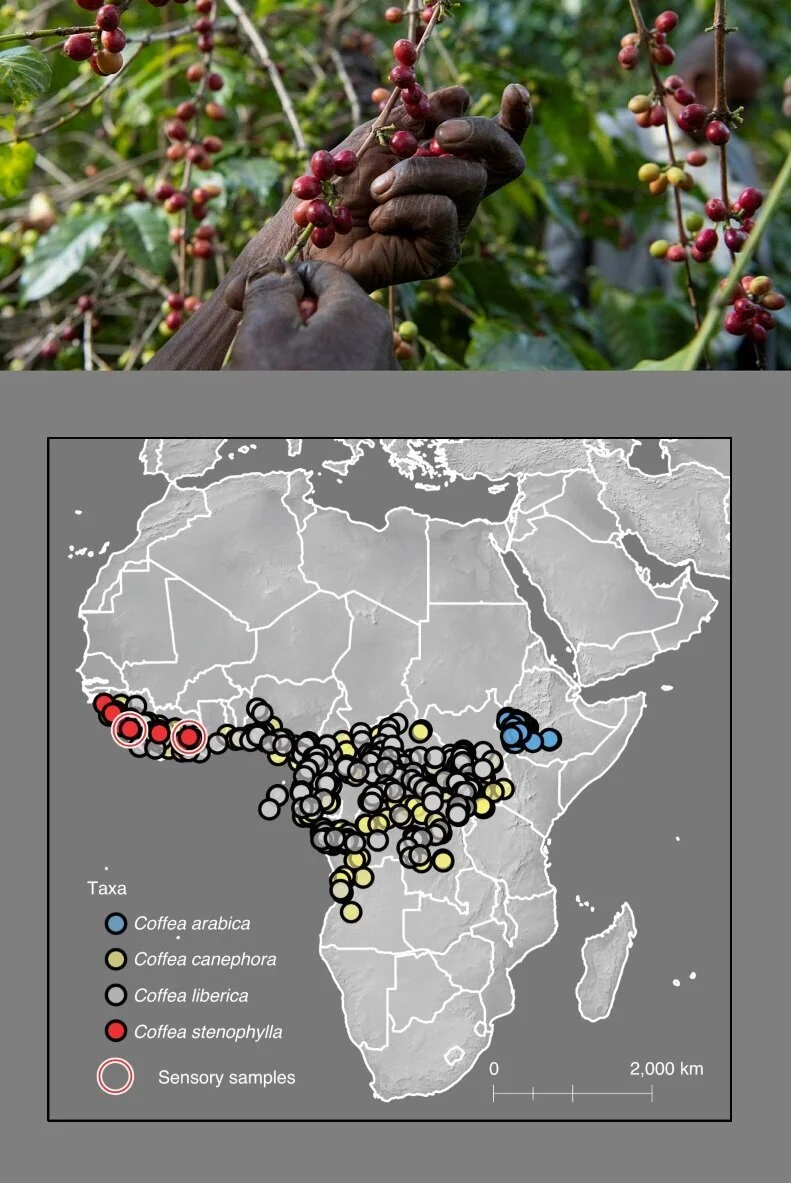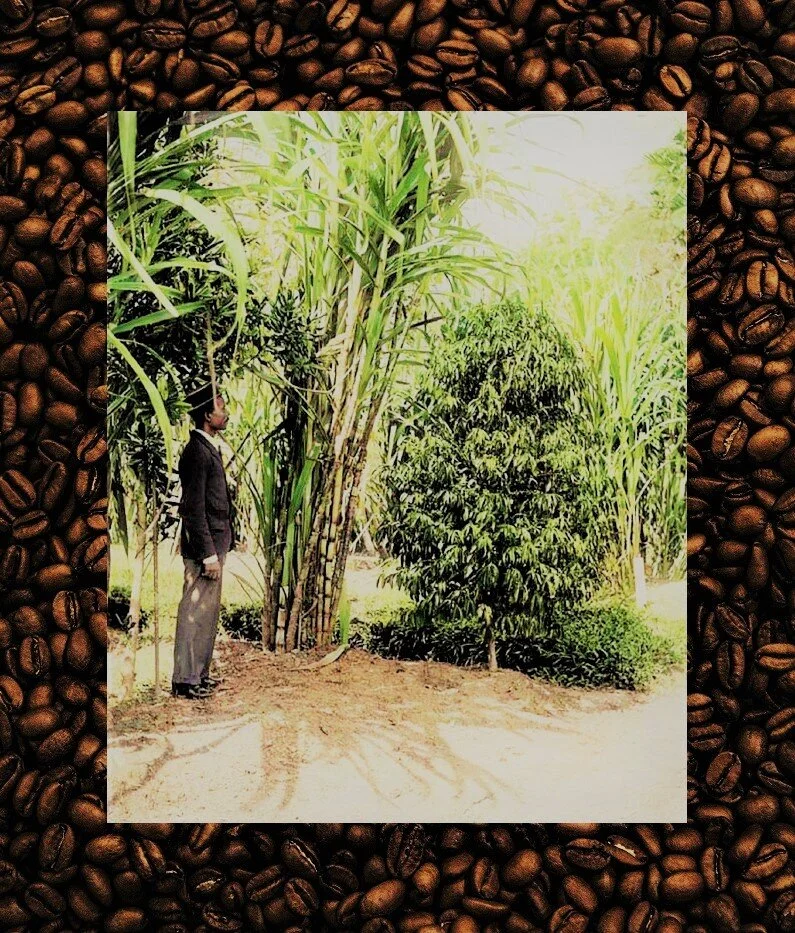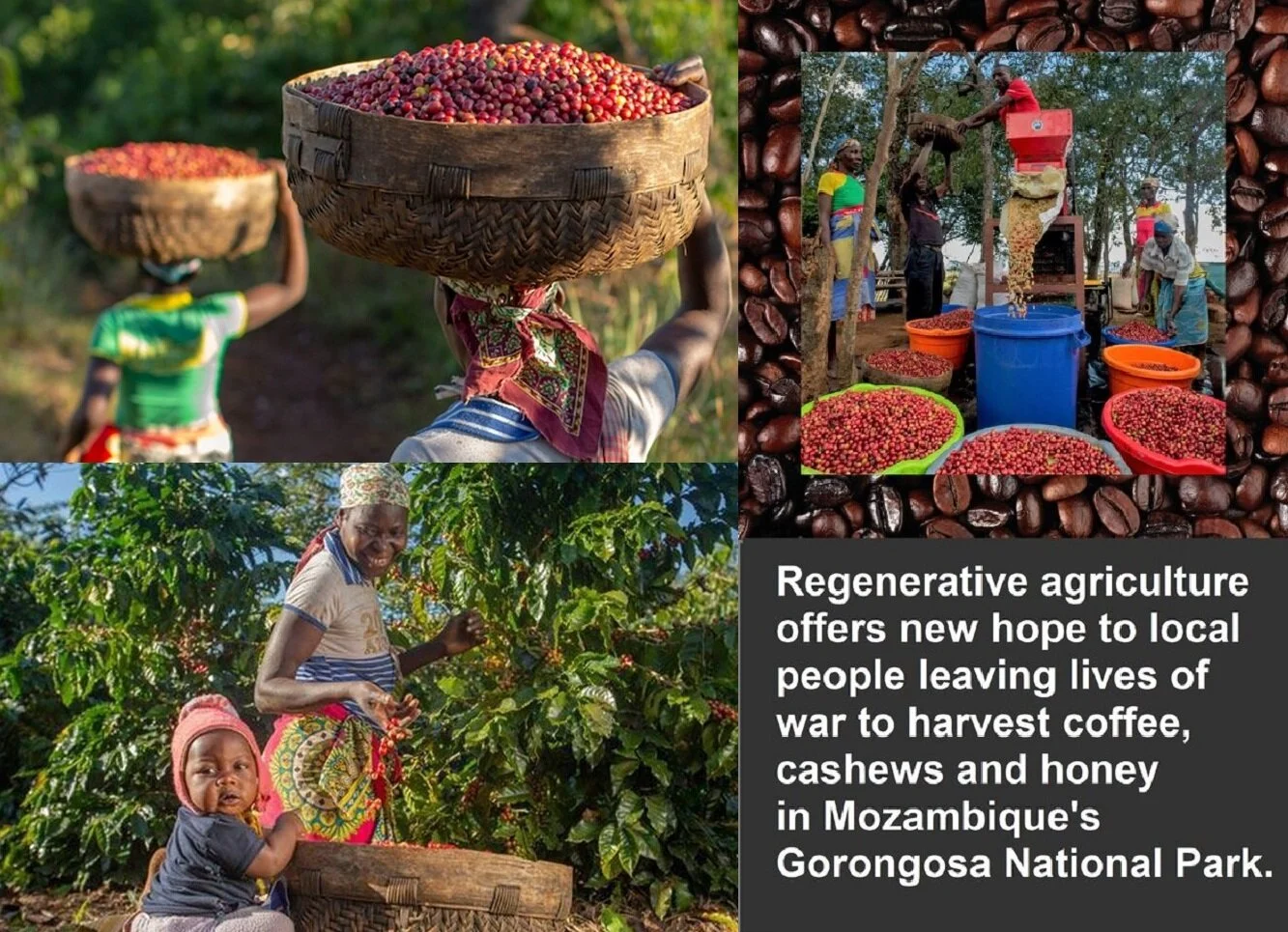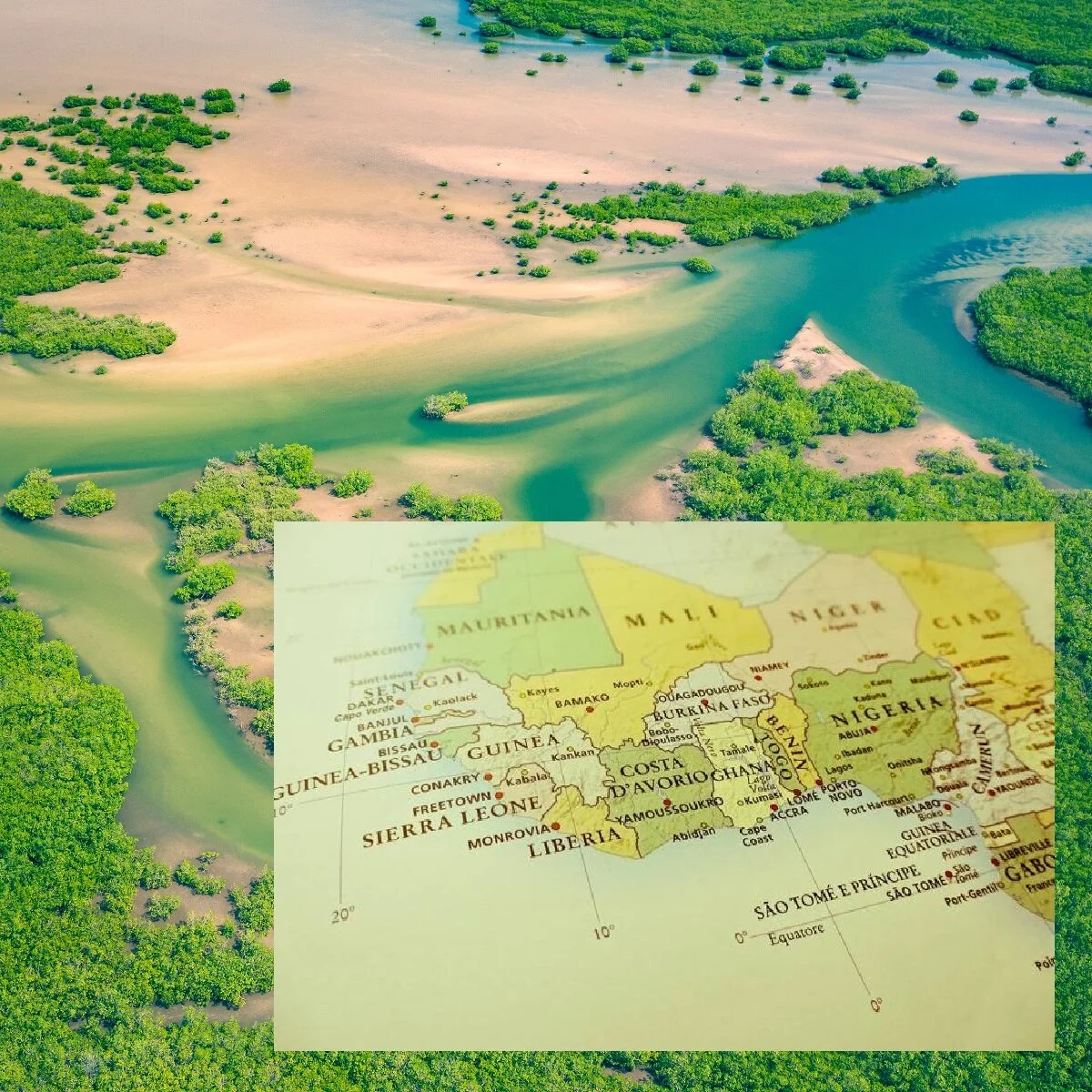Quality Coffee Lovers Welcome News of Near Extinct Stenophylla Beans From Sierra Leone
/A Wild Species Coffee Bean Could Save Our Premium Taste Daily Brew Addiction AOC Sustainability
A wild species of coffee rediscovered by scientists in the forests of Sierra Leone may stabilize the growing concerns about the global supply of premium coffee in a world that is heating up. Coffee arabica, a plant that prefers mild average annual temperatures of around 66 degrees Fahrenheit and is favored by coffee connoisseurs like Anne, is particularly at risk to climate change. The bean currently accounts for over 60% of the world’s coffee production.
Coffea stenophylla is a wild coffee species from West Africa which, until recently, was thought to be extinct outside Ivory Coast.About two years ago, the plant was re-disco9vered growing wild in Sierra Leone, where it existed as a coffee crop a century ago
Currently modeling suggests that Stenophylla will tolerate global temperatures of around 77 degrees Fahrenheit, 11 to 12 degrees higher than Arabica, and 3.42 degrees higher than the less valued and more bitter Robusta.
"Being somebody who's tasted a lot of wild coffees they're not great, they don't taste like Arabica so our expectations were pretty low," Aaron Davis, head of coffee research at Royal Botanical Gardens Kew in the United Kingdom and lead author of the paper, tells BBC News. “We were completely blown away by the fact that this coffee tasted amazing.”
Still speaking with BBC News, Davis adds that finding a wild coffee with excellent flavor that is also heat and drought tolerant is “the holy grail of coffee breeding.”
Follow the story and more in-depth coffee learnings in AOC Sustainability.


































